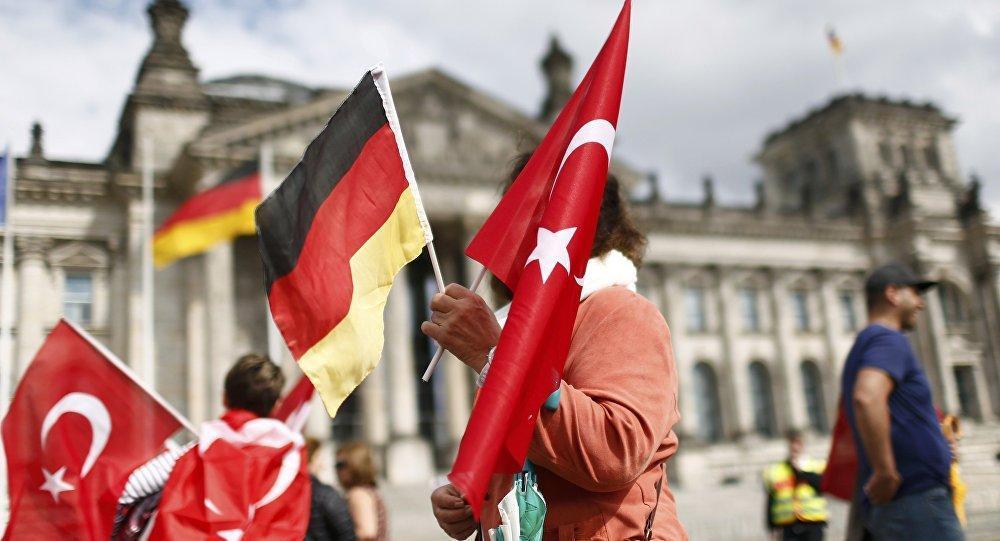
German authorities are increasingly suspicious of Gülenists and the group is not regarded as a moderate religious sect anymore, the weekly magazine Der Spiegel reported on June 8.
Der Spiegel published brief excerpts from a recent confidential German Foreign Ministry report in which a senior German diplomat made reference to warnings of a Turkish official and underlined the dangerous character of the group, which is now listed by Ankara as the Fethullahist Terrorist Organization (FETÖ) and accused of orchestrating the deadly coup attempt of 2016.
“The conspiratorial part of the movement is characterized by a strict hierarchy and its structure resembled to the one of an organized crime group,” the report noted, according to Der Spiegel.
Turkey’s state-run Anadolu Agency reported that the German authorities did not regard FETÖ as a serious threat to Germany in the past and the group was thus able to build a large network in the country, including businesses, private schools and media organizations.
Despite warnings from Ankara, in the aftermath of the July 2016 coup attempt, the German authorities declined to outlaw the group in the country, arguing that such a move could only come after concrete evidence of acts against German laws and its constitution.
Der Spiegel reported on June 8 that the German authorities were reconsidering their stance towards the group after recent revelations on its activities.
The weekly also published interviews with several former FETÖ members, who provided information about the secret practices of the group in order to earn trust in public and increase its influence in key institutions.
The network of U.S.-based Islamic preacher Fethullah Gülen is a former close ally of President Recep Tayyip Erdoğan and the ruling Justice and Development Party (AKP), but the government now accuses it of carrying out a long-running campaign in Turkey since the 1980s, infiltrating key state institutions such as the military, the police and the judiciary.
In Germany, home to more than 3 million Turkish immigrants, FETÖ members have tried to avoid public criticism and have focused on “interfaith dialogue” programs, sticking to “moderate” messages, with the goal of winning the trust of media, influential churches and political institutions.
The group claims to have around 70,000 followers on German soil.
Nearly 4,000 suspected FETÖ members have come to Germany since the coup attempt in Turkey, according to group members’ statements in local media.